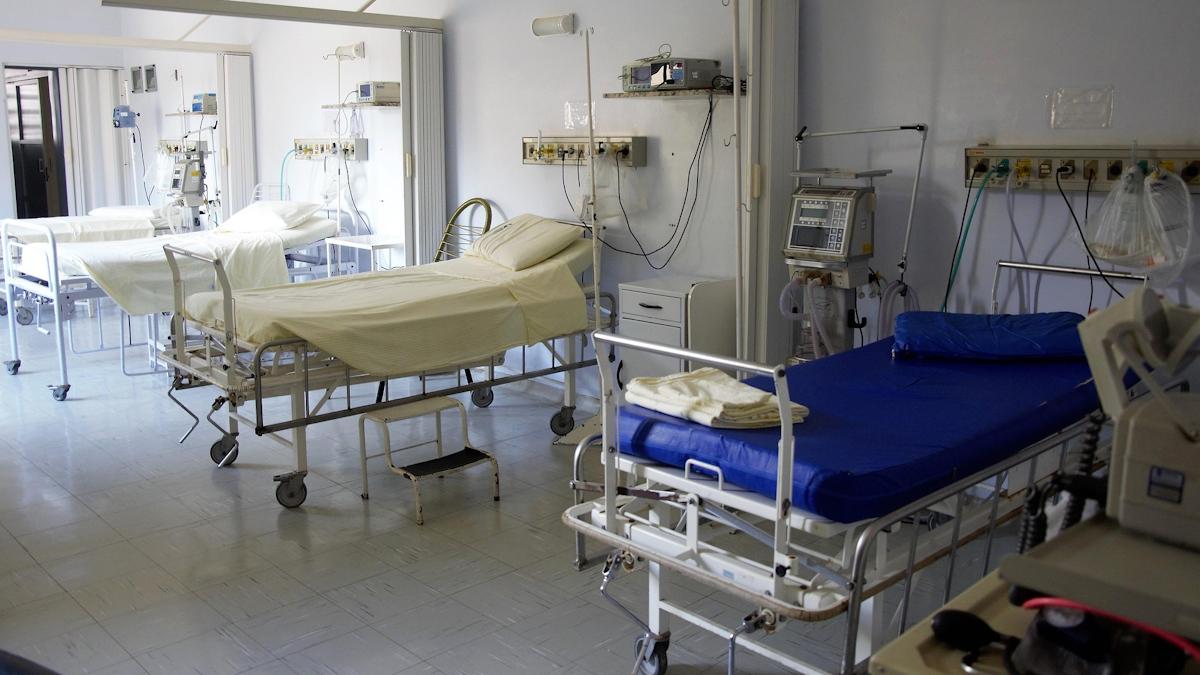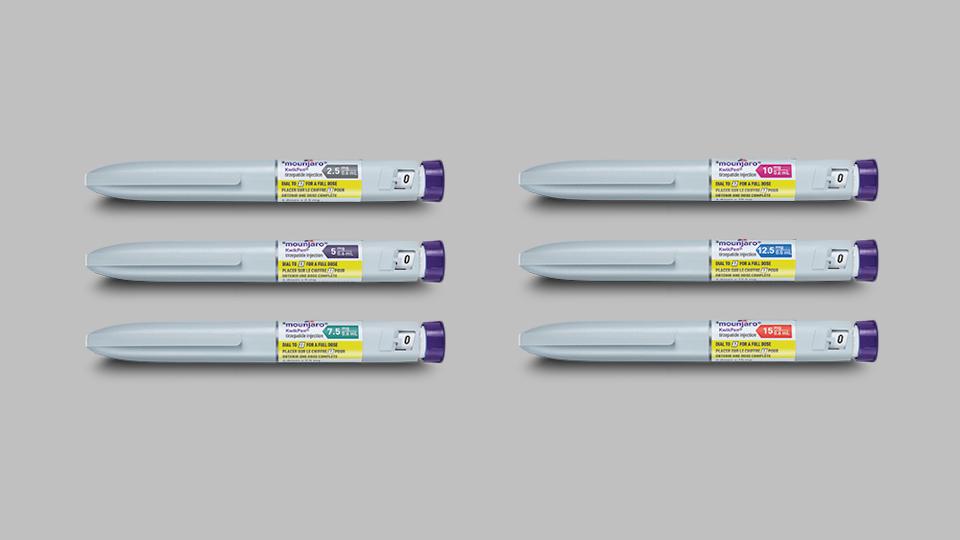NHS set for £30bn boost in spending review

The NHS is reported to be in line for a £30 billion ($40.7 billion) increase to its budget in the UK government's upcoming spending review, equivalent to a 2.8% rise per year, by 2028.
The spending review isn’t due to be published until Wednesday this week, but the figure has been published in The Times and other media outlets, which suggest that the increase will come at the expense of other public services such as policing and local government.
If confirmed, the increase comes after the government also announced an £86 billion increase in science, technology, and defence spending by 2030, as well as a £113 billion investment in capital projects in areas like nuclear energy.
The moves are designed to help fulfil the Labour government's pledge to meet the priorities of the public, which it has interpreted as "health, security, and the economy."
The NHS budget increase would mark a slight increase on the 2.6% increase in real terms laid out in Chancellor Rachel Reeves' Autumn budget last October, equivalent to a £22.6 billion increase in day-to-day funding of the NHS over the current and next financial years.
That remains lower than the pre-COVID-19 long-term average of 3.7%, according to figures from The Health Foundation, which has previously said that an increase in the order of 2.6% would be needed over the remainder of the spending review period "to meet demand pressures and make some improvements to services."
The government has pledged that, by the next election, 92% of patients in England waiting for elective procedures will be seen within 18 weeks of being referred, up from a current level of around 60%.
The 18-week treatment target set for the NHS has not been met since 2016, and, while there has been a reduction in waiting list numbers from a peak of 7.64 million cases in the last few months, the most recent figures from March showed a small increase to 7.42 million in a blow to the government's efforts to reduce the backlog.
Ben Zaranko of the Institute for Fiscal Studies told The Times that the reported increase was "meaningful" and "a return to the usual state of affairs where the NHS comes out as a relative winner."
Meanwhile, Matthew Taylor, chief executive of the NHS Confederation, said the reported increase will be welcomed by health leaders, but added: "There will be concern, though, in an age of expensive new treatments and medicines and other high costs, that it may prove not to be enough, especially when staff pay accounts for around 40% of the budget and future pay deals are not yet known."
Around 350,000 nursing staff in England, Wales, and Northern Ireland are currently being asked to vote on a proposed 3.6% pay increase, which has already been dismissed as inadequate by the Royal College of Nursing (RCN).












